Which Of The Following Is Not An Immune Complex Disease
Which of the following is not an immune complex disease. Which of the following is not an autoimmune disease. Innate immunity is not caused by an infection or vaccination and depends initially on physical and chemical barriers that work on all pathogens sometimes called the first line of defense. The clinical symptoms are usually short-lived and.
Either way if an immune person comes into contact with that disease in the future their immune system will. Combined immunodeficiency disease. Which of the following is a genetic disease that results in almost no adaptive immunity due to lack of B and or T cells.
In acute serum sickness immune complexes are often deposited in small arteries renal glomeruli and the synovia of joints so the most common clinical and pathologic manifestations are vasculitis nephritis and arthritis. These occur when the immune system mistakenly attacks parts of. Binding of a T cell to an antigen without receiving a co-stimulatory signal activation of self-reactive lymphocytes that survived negative selection genetic mutations causing changes in.
In autoimmune diseases the body attacks normal healthy tissues. All but which one of the following are examples of secondary immunodeficiencies. The cause is unknown.
Three common autoimmune diseases are. In organ specific autoimmune diseases the implicated antigens and the autoimmunity are restricted to specific organs in the body Type I diabetes Goodpastures syndrome Multiple sclerosis Graves disease Hashimoto thyroiditis Myasthenia gravis. Signal T and B cells to proliferate and differentiate.
The immune system attacks the cells in the pancreas that make insulin. Which of the following is NOT an event that can result in an autoimmune disease. Severe combined immunodeficiency C.
Which of the following is NOT an event that can result in an autoimmune disease. Trigger an Increase in blood flow and capillary permeability.
Include autoimmune disease of eyes brain skin and many others.
Which of the following is a genetic disease that results in almost no adaptive immunity due to lack of B and or T cells. Three common autoimmune diseases are. In autoimmune diseases the body attacks normal healthy tissues. The clinical symptoms are usually short-lived and. The cause is unknown. Severe combined immunodeficiency C. Option 1 Alzheimers disease Option 2 Rheumatoid arthritis Option 3 Psoriasis Option 4 Vitiligo Browse by Stream. The second line of defense of the innate system includes chemical signals that produce inflammation and fever responses as well as mobilizing protective cells and other chemical defenses. Selective IgA deficiency a type of primary immunodeficiency disease is more common than cystic fibrosis and sickle cell disease in African-American individuals two conditions that many more people recognize.
These occur when the immune system mistakenly attacks parts of. There are more than 100 autoimmune diseases including conditions such as celiac disease type 1 diabetes and psoriasis. The clinical symptoms are usually short-lived and. Three common autoimmune diseases are. All but which one of the following are examples of secondary immunodeficiencies. It is probably a combination of a persons genes and something in the environment that triggers those genes. Skin manifestations include palpable purpura urticaria and angioedema.

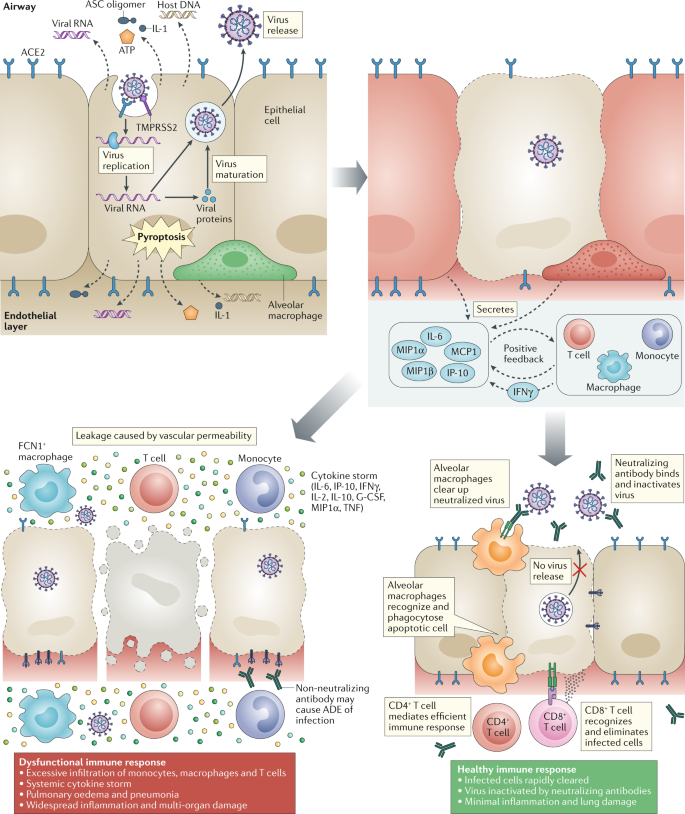
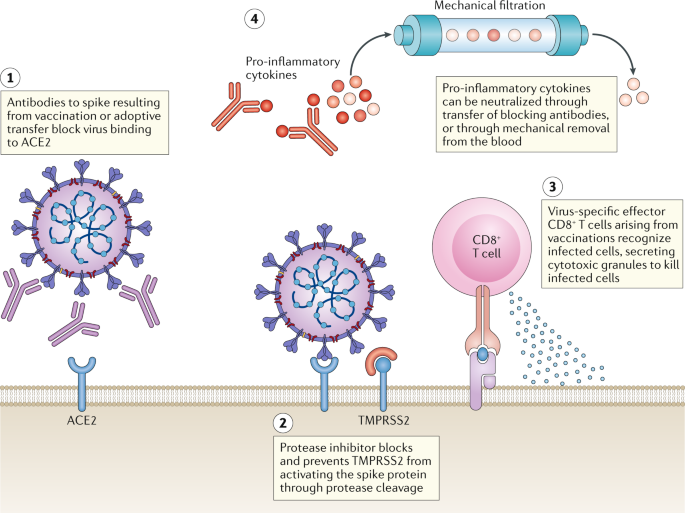






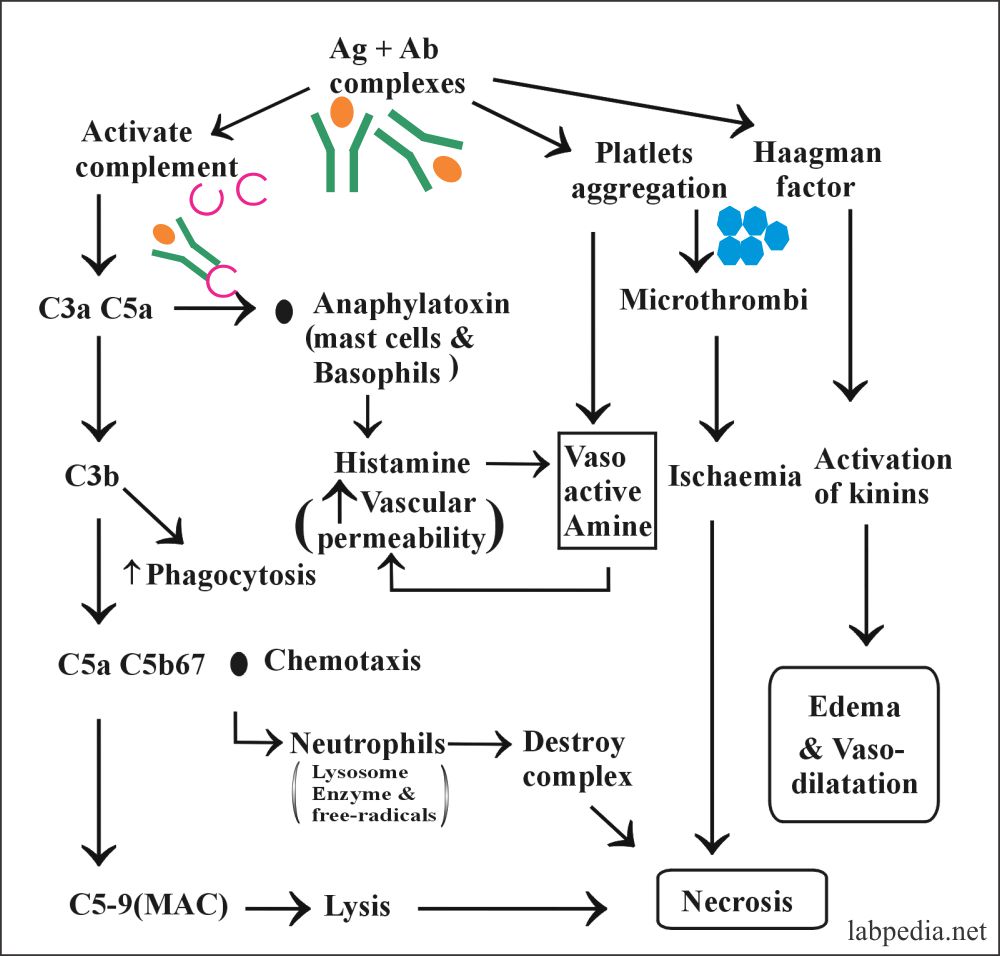


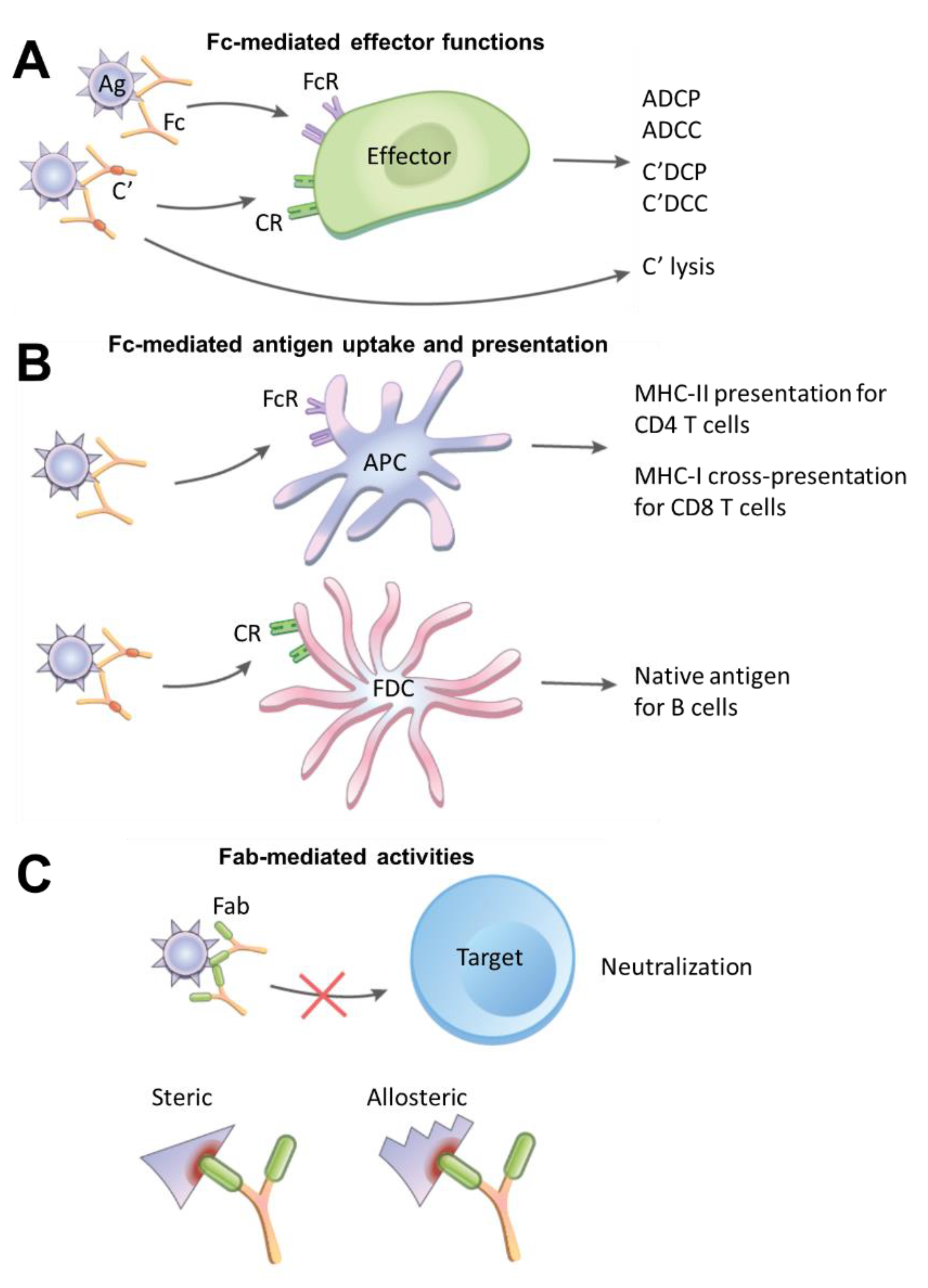
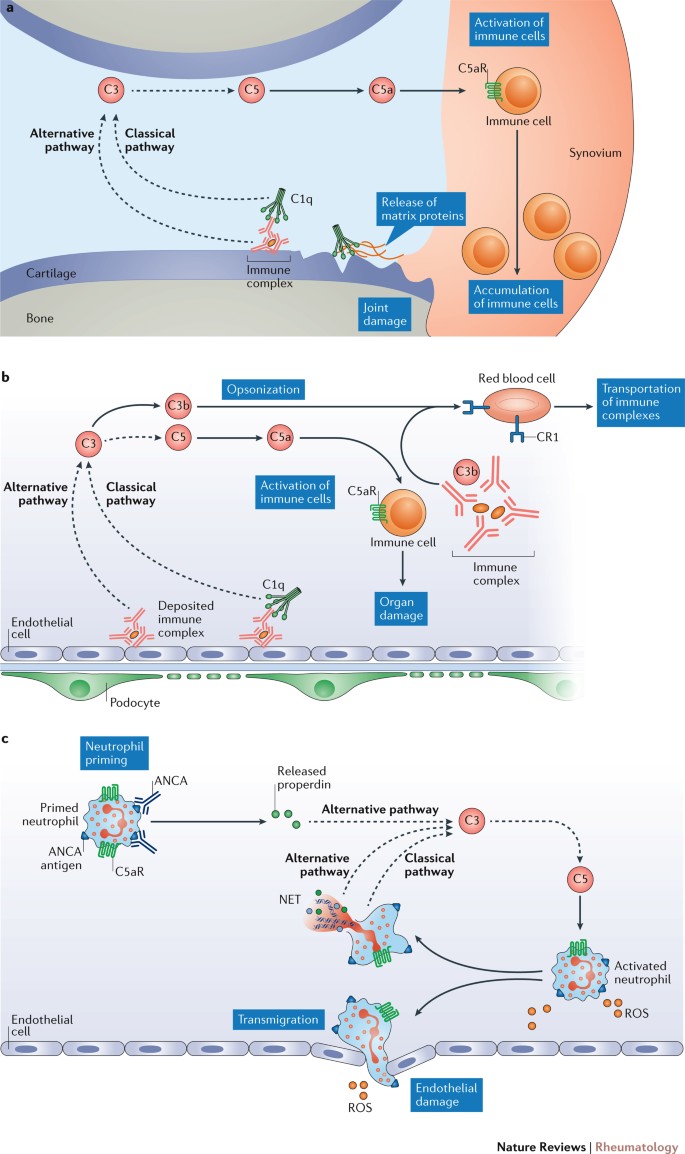
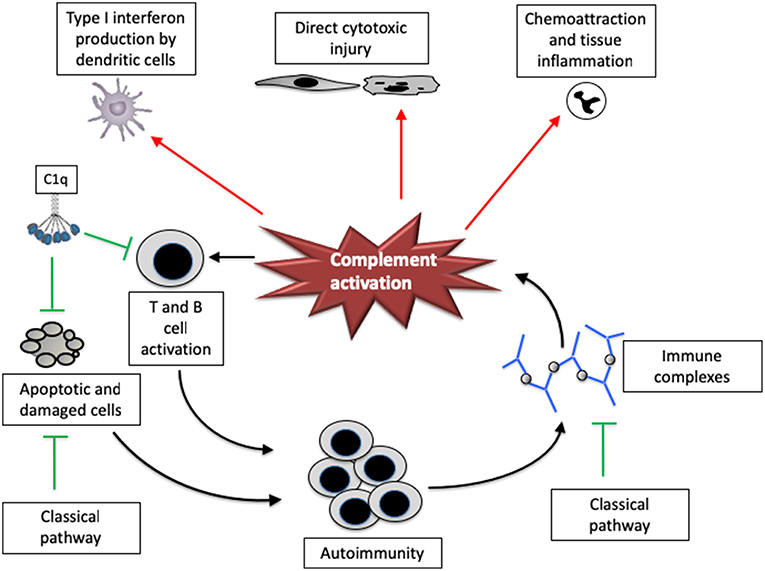
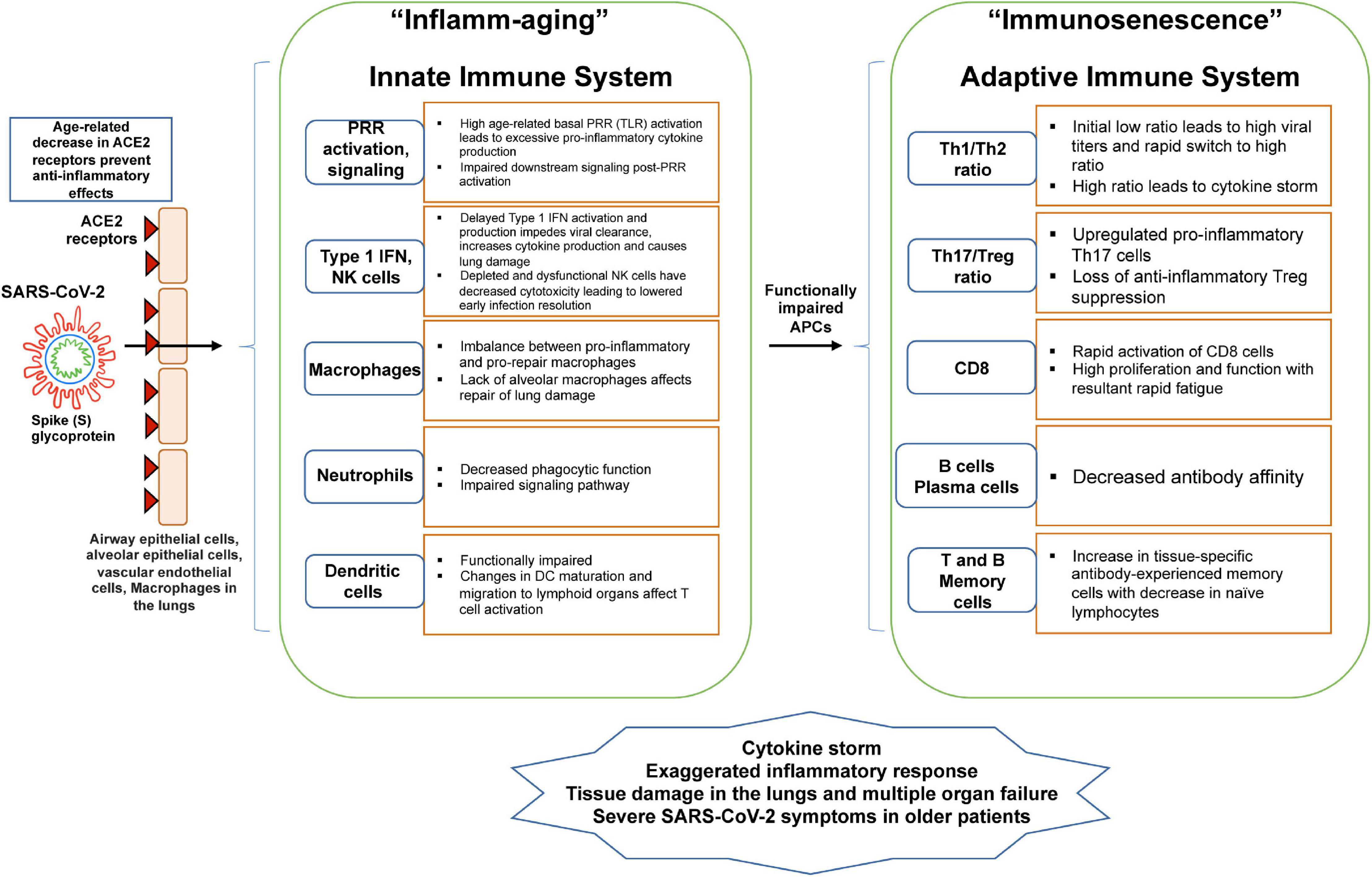
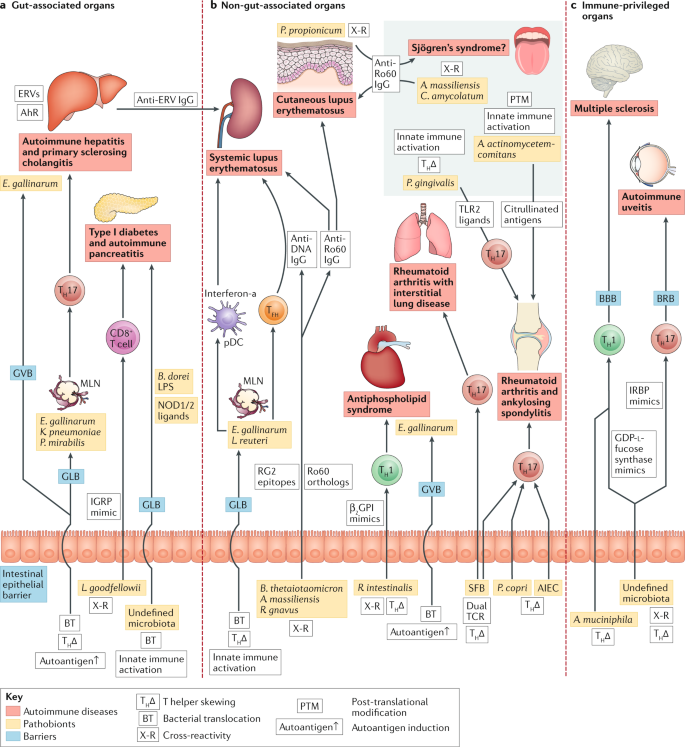

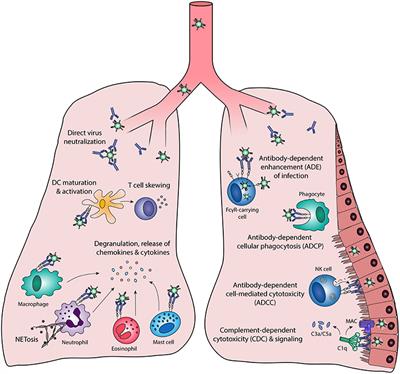
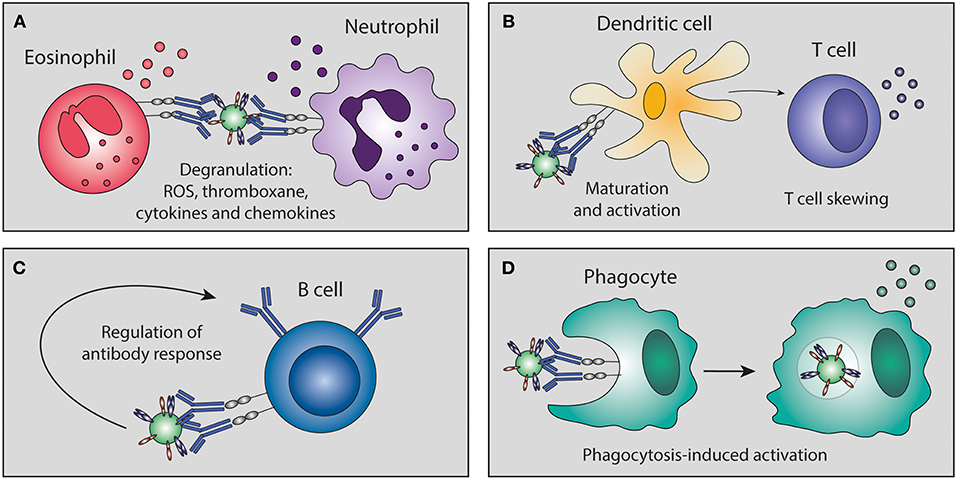






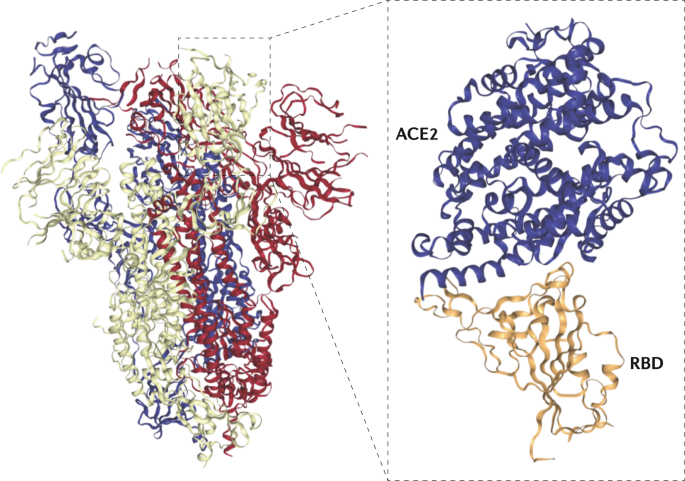
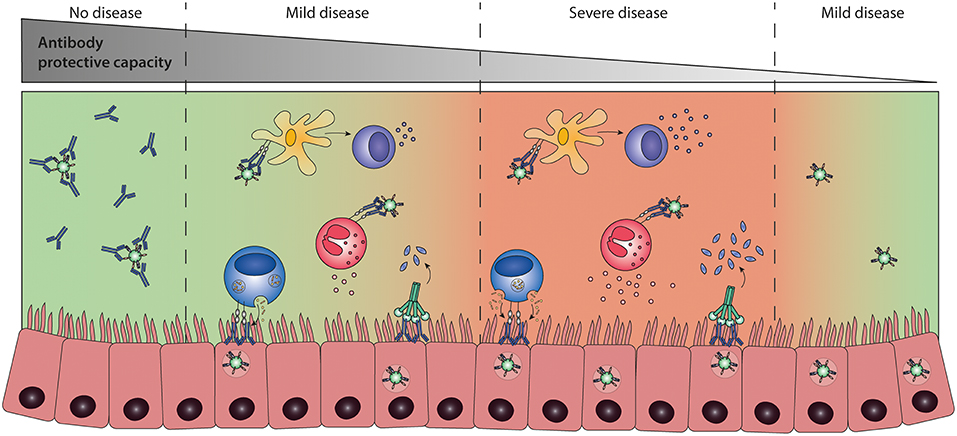
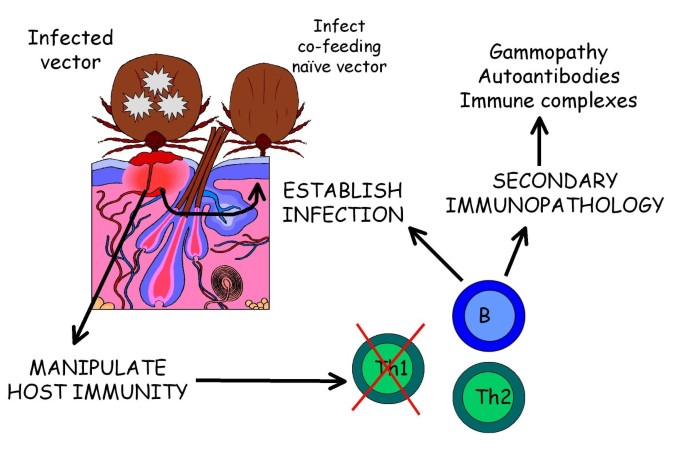
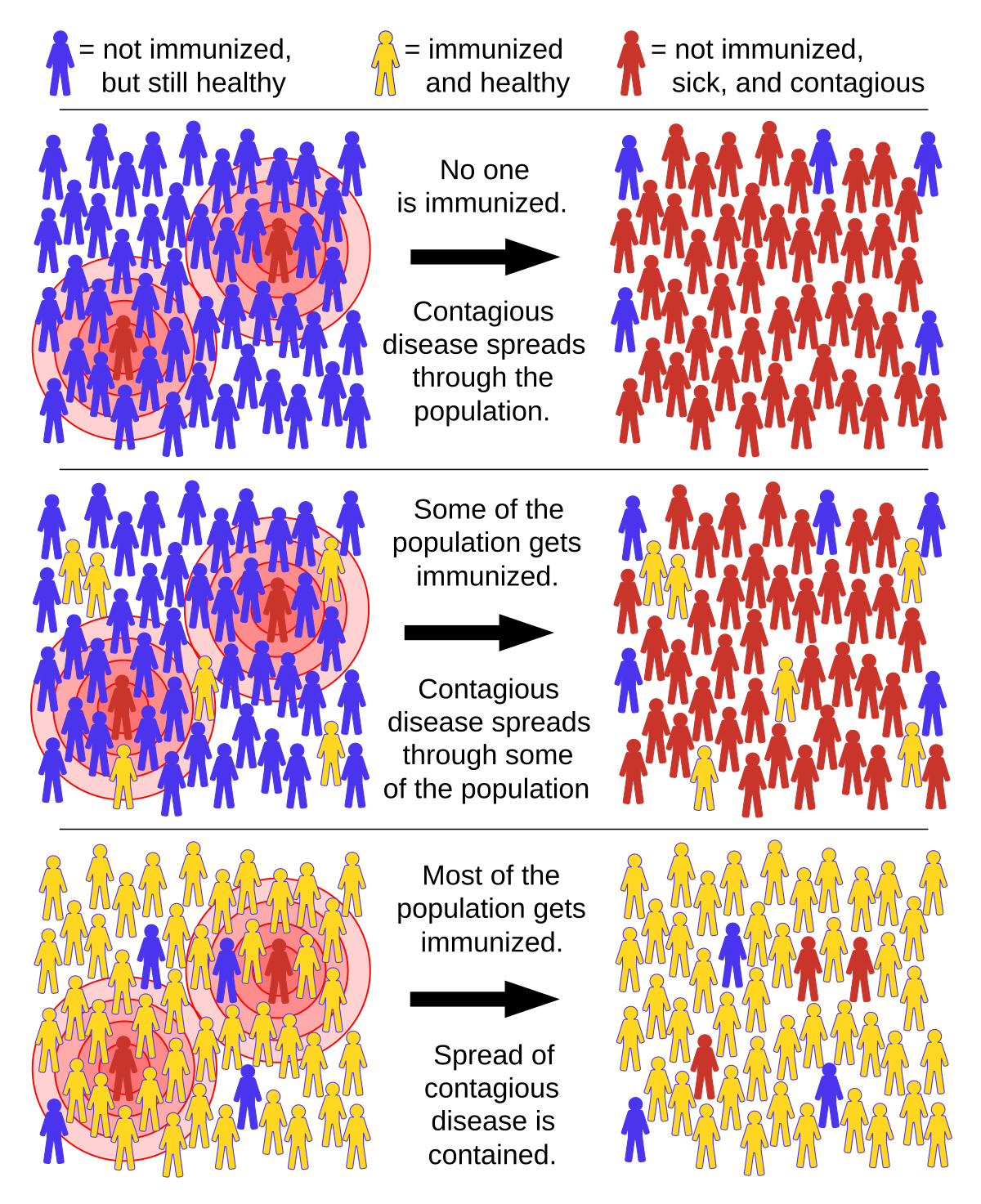












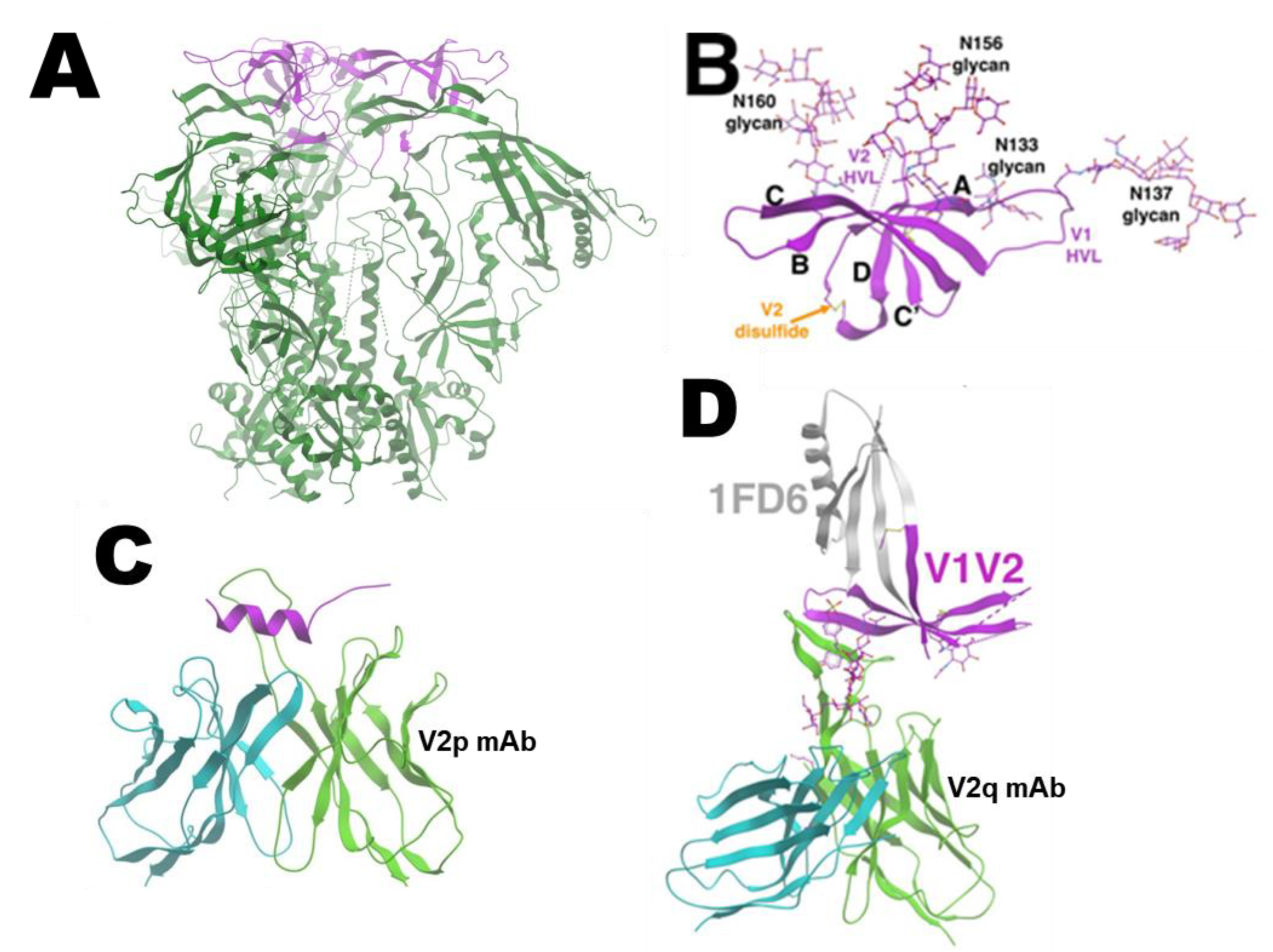
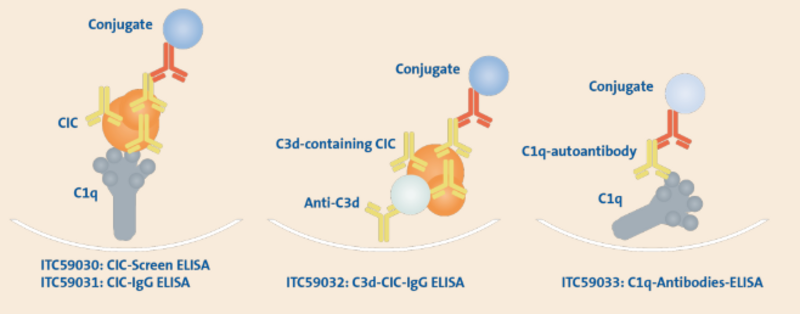



Post a Comment for "Which Of The Following Is Not An Immune Complex Disease"